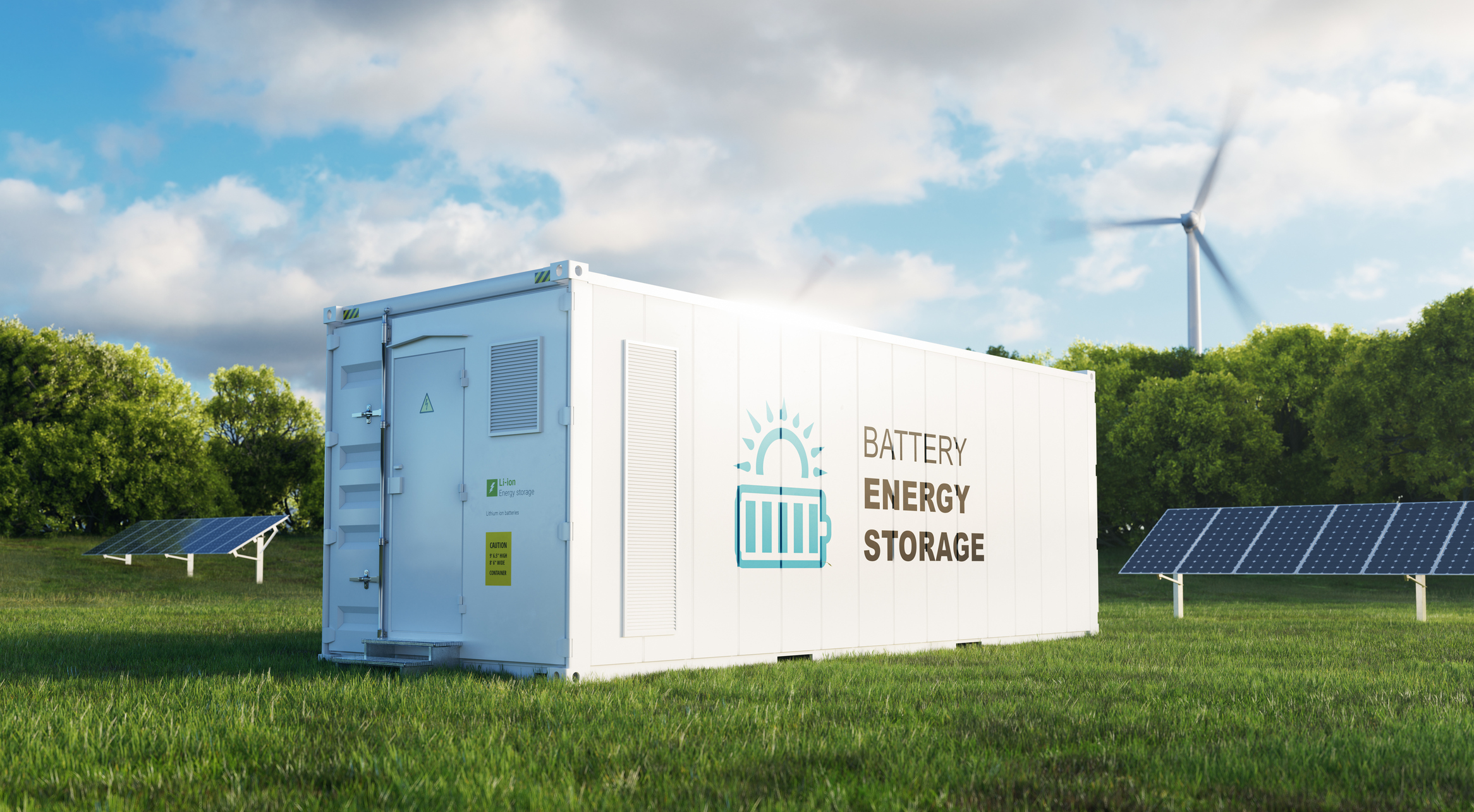- cross-posted to:
- [email protected]
- [email protected]
- cross-posted to:
- [email protected]
- [email protected]
The more that aren’t lithium, the better. Lithium is about as good as we can get currently in respect to energy density and weight. Neither of these things matter for grid-scale, where service life, safety, and environmental cost should be much more of a priority
All of which the new sodium batteries solve. Massively improved cycle life, completely safe, and the environmental cost is a tiny fraction of what it is with lithium-based.
I don’t get why there aren’t 50 companies rushing to produce it at-scale for in-place batteries. They should be chomping at the bit trying to get government contracts to install massive battery parks.
Maybe it is just too new that they want to see how the small batteries do in the field.
I do believe industrial scale sodium battery systems are ramping up.
There is likely some level of industrial inertia and ramp-up impact.
… together with the impression that the chinese have such a big headstart with sodium ion batteries that it’s impossible for US and european producers to catch up.
Perplexing, isn’t it? I’m hoping that once a few real-works examples live up to their hype, sodium will gain a bigger share of these installations
Batteries are the bottleneck now that solar PV equipment is so cheap. I’m excited to see how ot plays out.
I don’t think that batteries will be a bottleneck.
First of all, solar power can be installed even when there’s not enough batteries. The solar power producers during the day, and fossil legacy plants in the night. There’s no reason to stop transitioning our energy grid 50% just “because we can’t do it 100%”.
California is partially already doing this:
 (didn’t find a newer image)
(didn’t find a newer image)Also, it is unnatural - highly even - that our electricity demand is roughly constant on a 24-hour cycle. It is more natural - for various reasons - that demand for electricity is higher in the daytime. For example, because energy alone is not enough, you also need human workers, and wages are lower in the daytime.
So, the problem of “how do we keep provide energy 24-hours a day” is not relevant. It’s more like “how can we transition our industry away from the unnatural cycle of producing 24-hours straight and how can we turn back to primarily producing in the daytime” together with "it’s not just solar, we also have other renewables.
24 hour manufacturing is here to stay.
Fix costs will have to drop an insane amount.
“The solar power producers during the day, and fossil legacy plants in the night.”
Thus is precisely the bottle neck I was referring to.





